Exile, World Systems Analysis and Anarchism with Andrej Grubačić
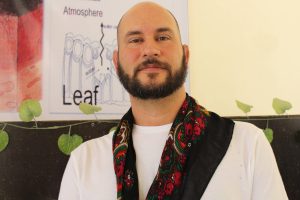
Andrej Grubačić is a former teacher at the University of Rojava, founding Chair of Anthropology and Social Change at the California Institute of Integral Studies, author of books such as Don’t Mourn, Balkanize!, co-authored Wobblies and Zapatistas with Staughton Lynd and most recently the co-author of Living At The Edges of Capitalism: Adventures In Exile and Mutual Aid with Dennis O’Hearn. Andrej is also the editor of the Journal of World-Systems Research as well as the Kairos imprint at PM Press. For the hour we speak about anarchism, the Yugoslav experiment, exile, World-Systems Analysis, Rojava, his friend David Graeber and other topics.
A couple of Grubačić pieces referenced, found online:
- Anarchism, Or The Revolutionary Movement of the Twenty-First Century (Graeber & Grubačić)
- Don’t Mourn, Balkanize! is on The Anarchist Library as a PDF
Some further reading suggestions include (more references in upcoming transcript):
- Daniel Guérin (French, Gay, Libertarian socialist):
- Balkan Federalism on wikipedia
- The Living Theatre anarchistic theater group out of NYC
- (Movement of the Free Spirit by Raoul Vaneigem, out of print but still on AK Press website)
- The Age of Globalization (pdf) by Benedict Anderson, the updated edition of Under Three Flags: Anarchism and the Anti-Colonial Imagination. Published by Verso, but seems out of print
- Sho Konishi, Anarchist Modernity: Cooperatism and Japanese-Russian Intellectual Relations in Modern Japan
- Ilham Khuri-Makdisi, The Eastern Mediterranean and the Making of Global Radicalism, 1860-1914
- Marx’s correspondence with Vera Zasulich shows his development towards Libertarianism near the end of his life: https://www.marxists.org/archive/marx/works/1881/zasulich/index.htm
- Jason W. Moore (Capitalist World Ecology proposition): ECOLOGY, CAPITAL, AND THE NATURE OF OUR TIMES: ACCUMULATION & CRISIS IN THE CAPITALIST WORLD-ECOLOGY
Continue reading Exile, World Systems Analysis and Anarchism with Andrej Grubačić

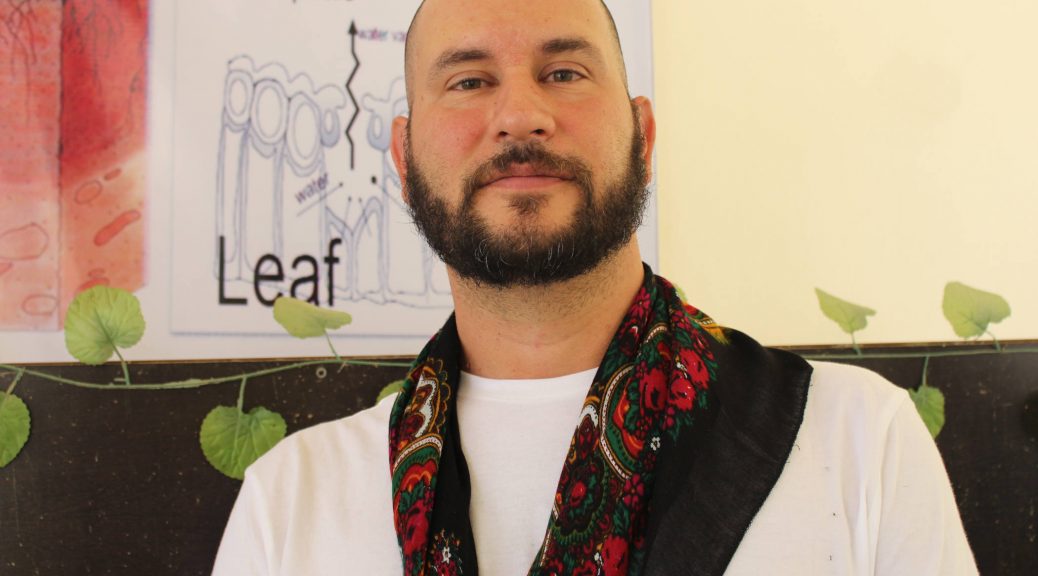


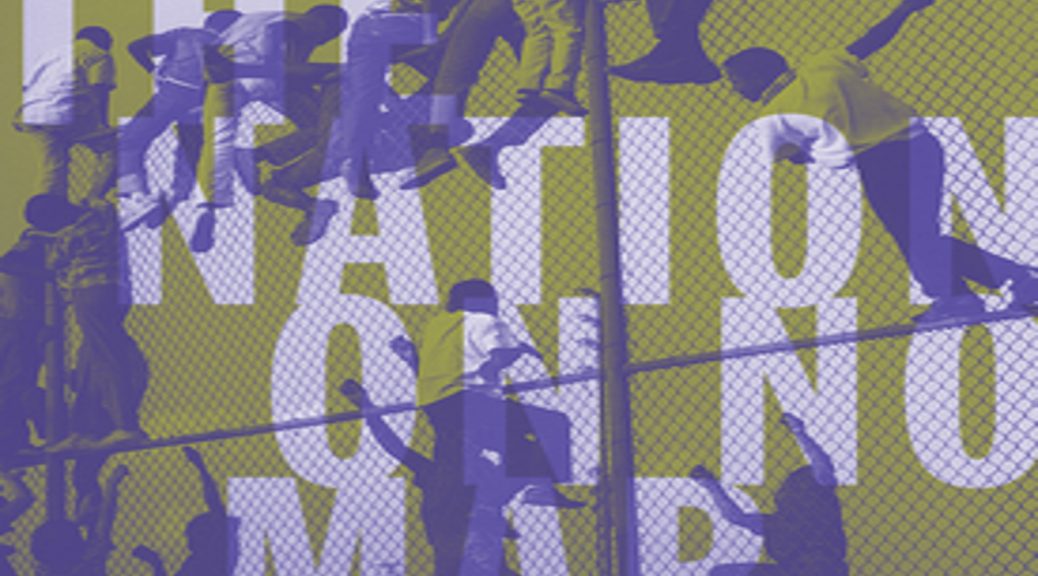
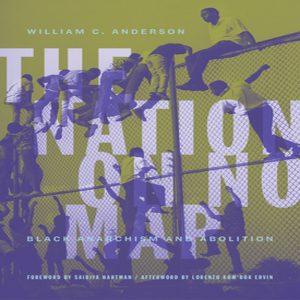
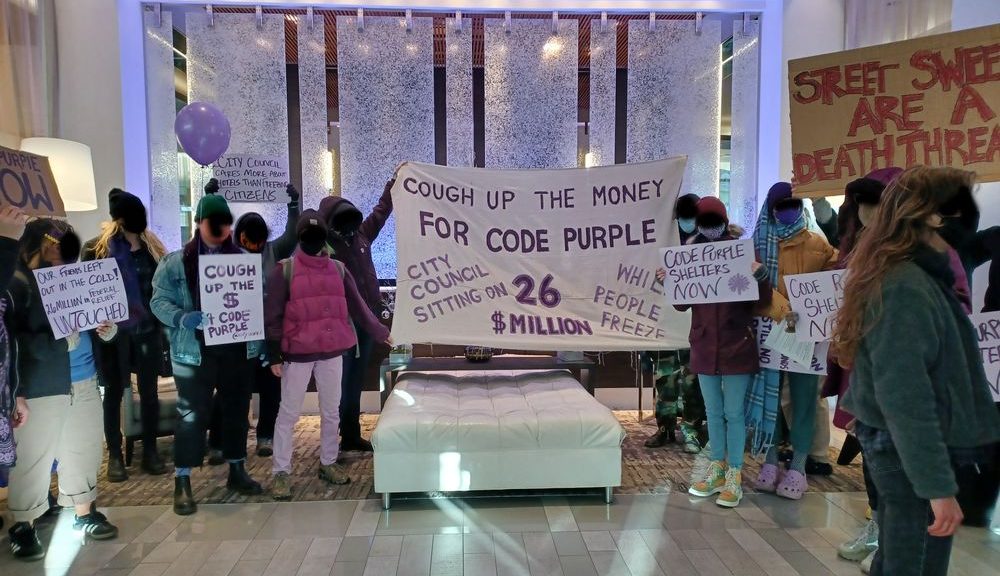
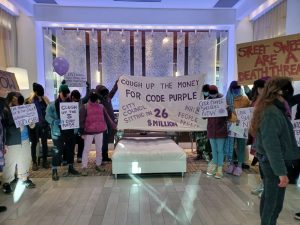
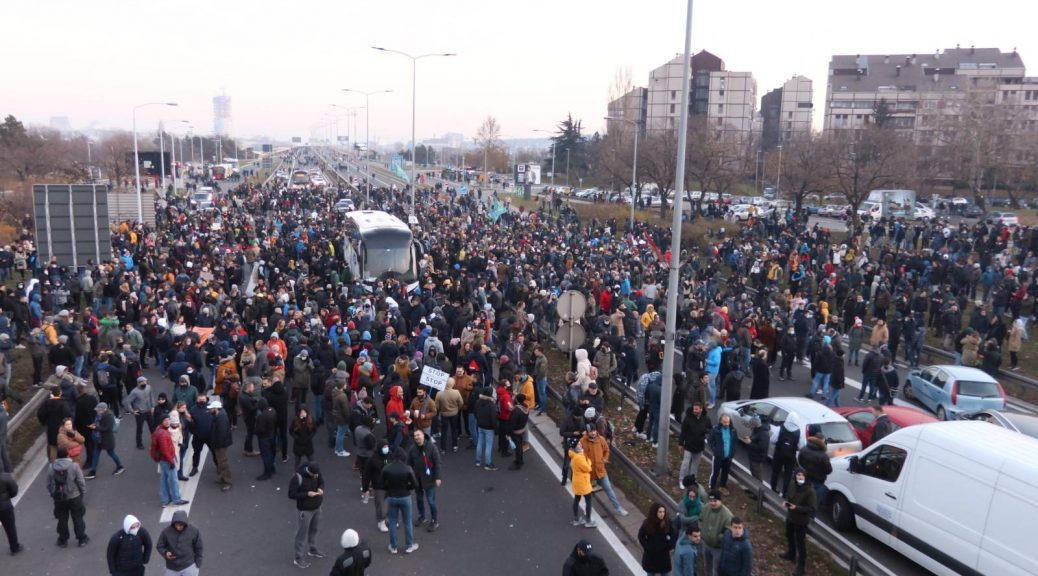
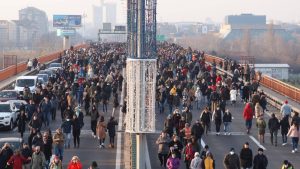

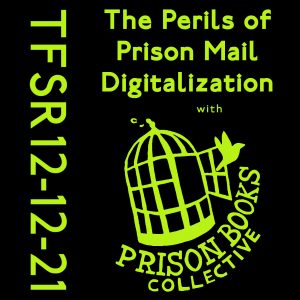
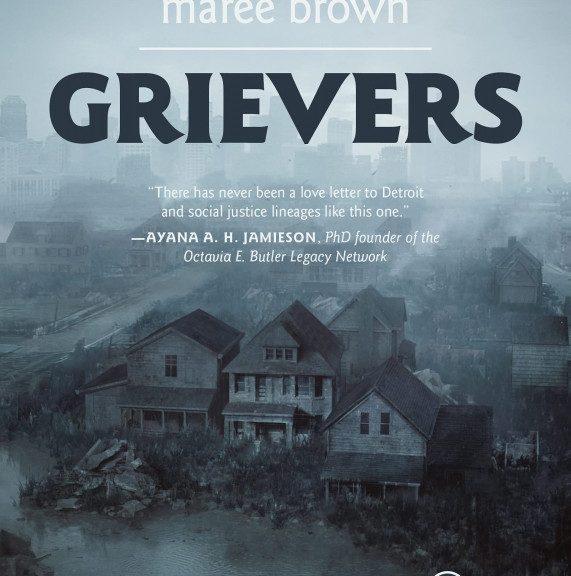
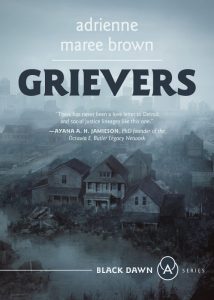

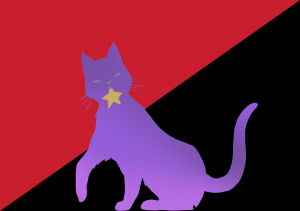
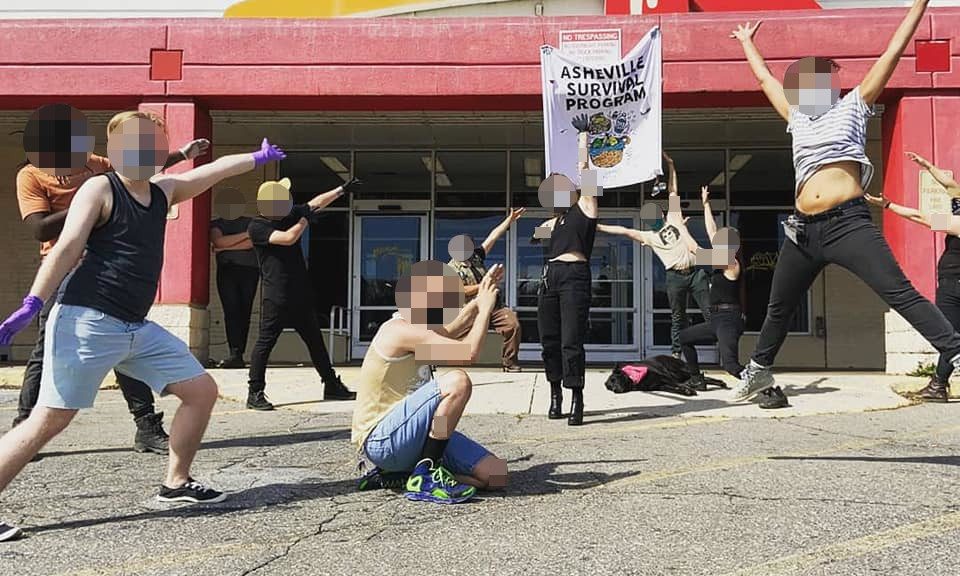
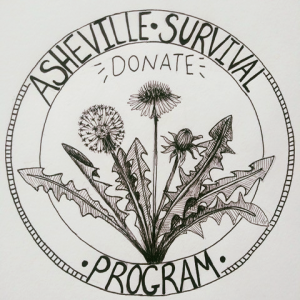

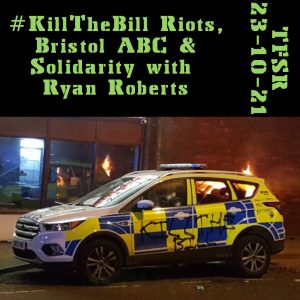
 Check our show notes for more links, including our conversation with Dónal O’Driscoll from November of 2020 about the SpyCops case. There’s also a new podcast out called SpyCops Info that includes folks who had been part of groups infiltrated by undercover pigs in the UK in past decades talking about individual cops and the ongoing inquiry that’s worth giving a listen to:
Check our show notes for more links, including our conversation with Dónal O’Driscoll from November of 2020 about the SpyCops case. There’s also a new podcast out called SpyCops Info that includes folks who had been part of groups infiltrated by undercover pigs in the UK in past decades talking about individual cops and the ongoing inquiry that’s worth giving a listen to: